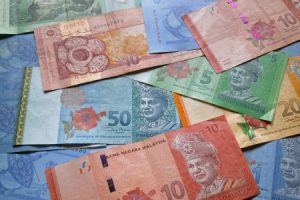
As Malaysia progresses towards becoming a cashless society, the government has now launched in incentive under its e-Tunai Rakyat (people’s e-cash) program.
According to official reports published on Friday January 17, the government is offering a payment reward of RM30 (roughly $7.37) under this program.
The aim of the inventive is to increase the number of consumers using digital payments to 15 million. The program was rolled out on January 15, using three e-wallet operators: Grab, Boost and Touch n Go.
“We want to double that to 15 million, if possible 16 million, so that nearly every Malaysian above 18 years will be on digital payment,” said finance minister Lim Guan Eng.
Payments are also being set directly into bank accounts, to ease the process for those who do not have smartphones, Eng added.
Speaking to reporters, he noted: “We can study the matter in the future. Let’s run this program first (e-Tunai Rakyat) and look at its development. If there are many complaints about this matter (the request to bank in the RM30), we will consider them.”
Roughly 1.32 million submissions to enter the program were authorised, out of the 1.7 million received, totalling to almost RM40 spend, the finance minister said.
“The Government wants to encourage digital payments because we feel it is important for Malaysia to become a cashless society one day, (when) we do all our payments online or on mobile phones,” he said. “Only then can we have greater efficiency and transparency, because when you go cashless, it is very hard for corruption to go undetected.”
The e-Tunai Rakyat program offers a payment of RM30 to Malaysians, 18 years and over and earning below RM100,000 a year.
However, Lim said that although the government is making moves to push the cashless trend, it does not want to rush into it to respect those living in rural areas who need more time to adapt.
“We know many in the rural areas are not familiar with digital payment. We will do it slowly and progressively,” he said.
Malaysia’s government plans to issue 450 million ringgit (over $110 million) to half of its population.
Following the program being implemented, digital payments are expected to soar by 10.8% to around $17 billion over the next three years, according to data portal Statista.
